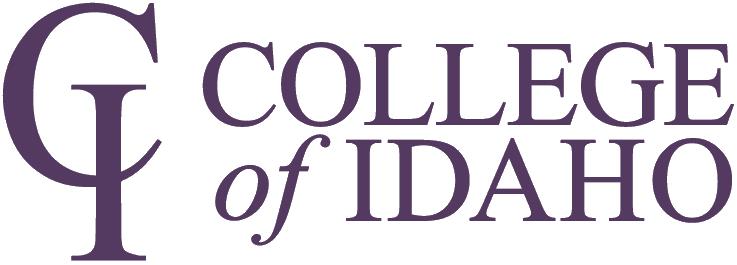
- Title
- Assistant Professor
- Department
- Psychology
- tlee@collegeofidaho.edu
- (208) 459-5336
Timothy Lee
I am a social psychologist who examines intergroup relations in the U.S. Particularly, I am interested in how the dynamics of power, privilege, and inequity have created the racial position and function of Asian Americans. This interest has manifested into an examination of how beliefs about the racialized experiences of Asian Americans—such as the model minority myth (MMM; the belief that Asian Americans are intelligent and industrious) and perpetual foreigner stereotype (PFS; the belief that Asian Americans are unassimilable foreigners)—affect both Asian Americans and non-Asian Americans.
Previously, I have examined (1) how exposure to information consistent with the MMM affects White Americans’ perceptions of Black Americans and support for affirmative action and (2) how ambiguous expressions of racism toward Asian Americans in the form of racial microaggressions differ from their unambiguous counterparts. I have also expanded my research beyond Asian Americans, investigating topics such as the effects of foreign language exposure on perceptions of immigrants in the U.S. and the emergence of new forms of sexism, like the Red Pill ideology (i.e., the belief that women have an “evolutionary” drive to be with “alphas” who are physically attractive and sexually successful).
With the help of my research assistants, I am currently examining whether Asian Americans who adopt a preppy style—a style that originated in private Northeastern college preparatory schools and the Ivy League—are perceived as more American than those who do not. Given that Asian Americans have long been viewed as perpetual foreigners and “American” has often been equated with “White”, it is possible that Asian Americans who dress preppy are perceived as more American than those who do not. This research problematizes the notion of “American” by demonstrating how signaling particular cultural values and practices aligned with “Whiteness” may afford minoritized people “entry” into the American community.
In sum, I am an intergroup relations researcher who is deeply interested in examining this set of issues from the perspectives of both Asian Americans and non-Asian Americans.
EDUCATION
Ph.D., Social Psychology, University of Kansas
M.A., Psychology, University of Kansas
B.S., Psychology, Trinity College
Including but not limited to:
Lee, T., & Molina, L. E. (2023). “You’re overreacting!”: The ambiguity of Asian American microaggressions delegitimizes collective action. Asian Journal of Social Psychology, 26, 333–350. https://doi.org/10.1111/ajsp.12561
Lee, T., & Molina, L. E. (2021). “If you don’t speak English, I can’t understand you!”: Exposure to various foreign languages as a threat. Social Sciences, 10, 1–18. https://doi.org/10.3390/socsci10080308
Lee, T., & Outten, H. R. (2020). The effect of model minority myth salience on White Americans’ perceptions of Black Americans and their support for affirmative action. Psi Chi Journal of Psychological Research, 25, 2–13. https://doi.org/10.24839/2325-7342.JN25.1.2
Including but not limited to:
Lee, T., & Ryu, Y. (2025, April). Navigating the model minority myth: Gendered expectations of masculinity and femininity in Asian Americans. In Y. J. Xiao (Chair), Rethinking Intersectional Identities Among Diverse AANHPI Communities. Symposium conducted at the Association for Asian American Studies Annual Conference 2025.
Lee, T., & Ryu, Y. (2024, April). Model minority myth and perpetual foreigner stereotype: The gendered nature of Asian American stereotypes. In M. M. Lee (Chair), (Re)Connecting Psychology with Asian American Studies: Stereotypes, Discrimination, & Solidarity. Symposium conducted at the Association for Asian American Studies Annual Conference 2024.
Lee, T., & Molina, L. E. (2021, August). “You’re overreacting!”: The subtlety of Asian American stereotypes delegitimizes collective action. In T. Lee (Chair), Subtle Racism, Identity, and Attitudes Toward Racialized Policies. Symposium conducted at the 2021 American Psychological Association Virtual Convention.
